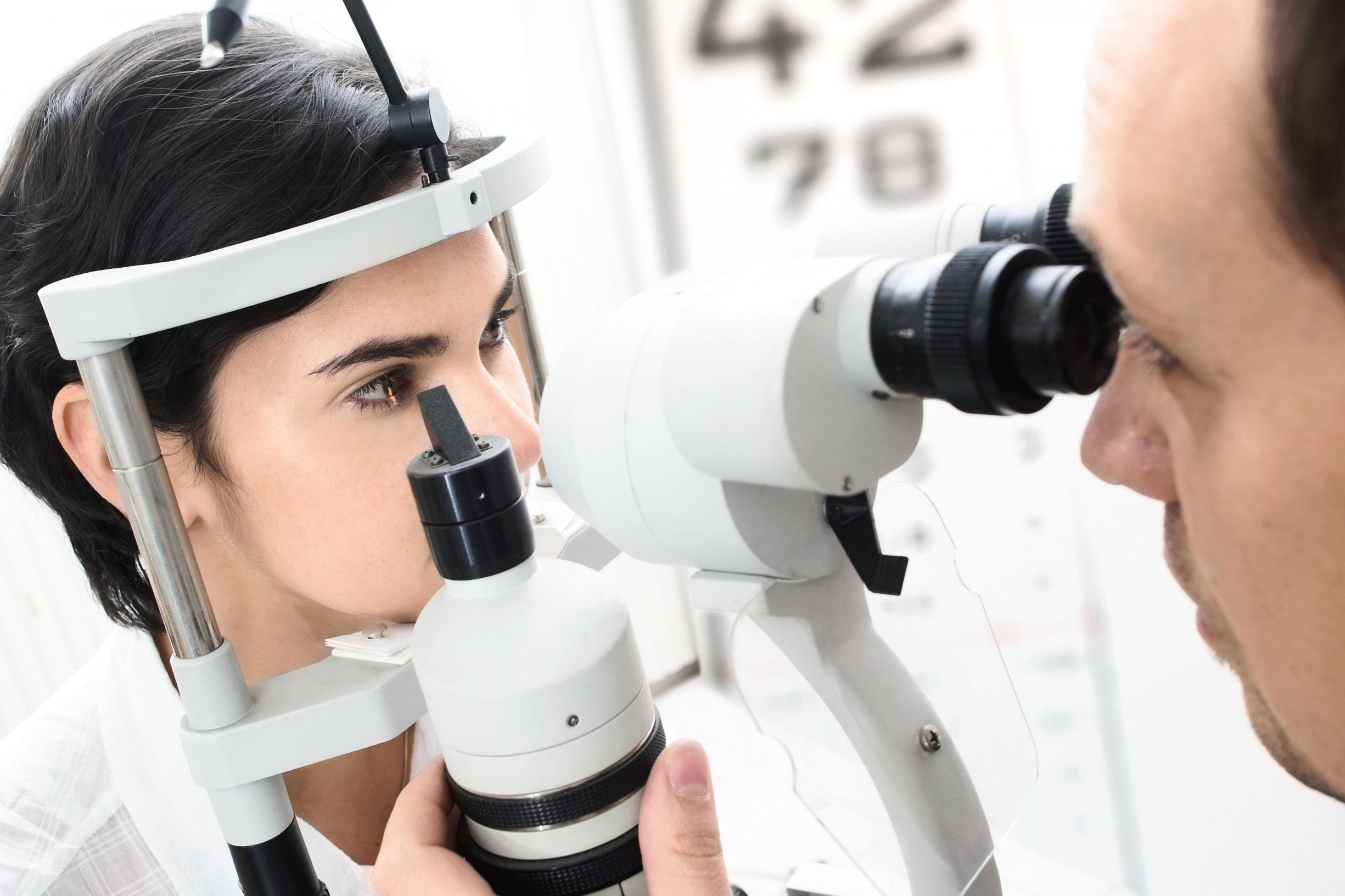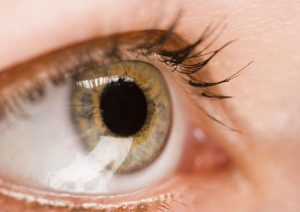Cataracts are cloudy white areas that may develop in the eye’s lens. While some people are born with them, most cataracts don’t develop until later in life. People with cataracts may find that they have a hard time seeing properly and may have blurred vision. Bright lights can cause a lot of glare and be painful. If left untreated, some cataracts may eventually lead to blindness. Cataract surgery is a common and fairly safe way to combat these issues. People whose cataracts are causing them vision problems should find out if Cataract Surgery in Cincinnati, OH, is right for them.
During cataract surgery in Cincinnati, OH, the damaged lens of the eye is removed and replaced with an artificial one. The surgery usually takes less than an hour to perform. The procedure itself is fairly simple and routine. As it is considered an outpatient procedure, patients are usually allowed to go home the same day the surgery is performed. Someone must be present to drive the patient home, however, as the results are not instant and vision will be poor at first. Due to the nature of the surgery, vision is usually blurry for the first few days.
While complications don’t happen much, there is also risk associated with surgery. Swelling, bleeding and infection are all threats after any surgery. In addition, cataract surgery can lead to glaucoma, blindness or even another cataract. These side effects are very uncommon, though. Most cataract surgeries are successful with no complications. While the eye may be sore or itch at first, after a day or two any discomfort should pass. Most doctors will see patients for several follow-up appointments after the procedure to monitor for any problems. Generally, the eye is considered fully healed within two months.
For anyone experiencing poor vision caused by a cataract, it is important to consider if cataract surgery in Cincinnati, OH, will help. Anyone with cataracts should be evaluated by a professional, as cataracts can cause worse vision problems if left untreated. Harper’s Point Eye Associates can assess a patient’s vision issues, go over any risk factors, and decide if cataract surgery is the right choice.



